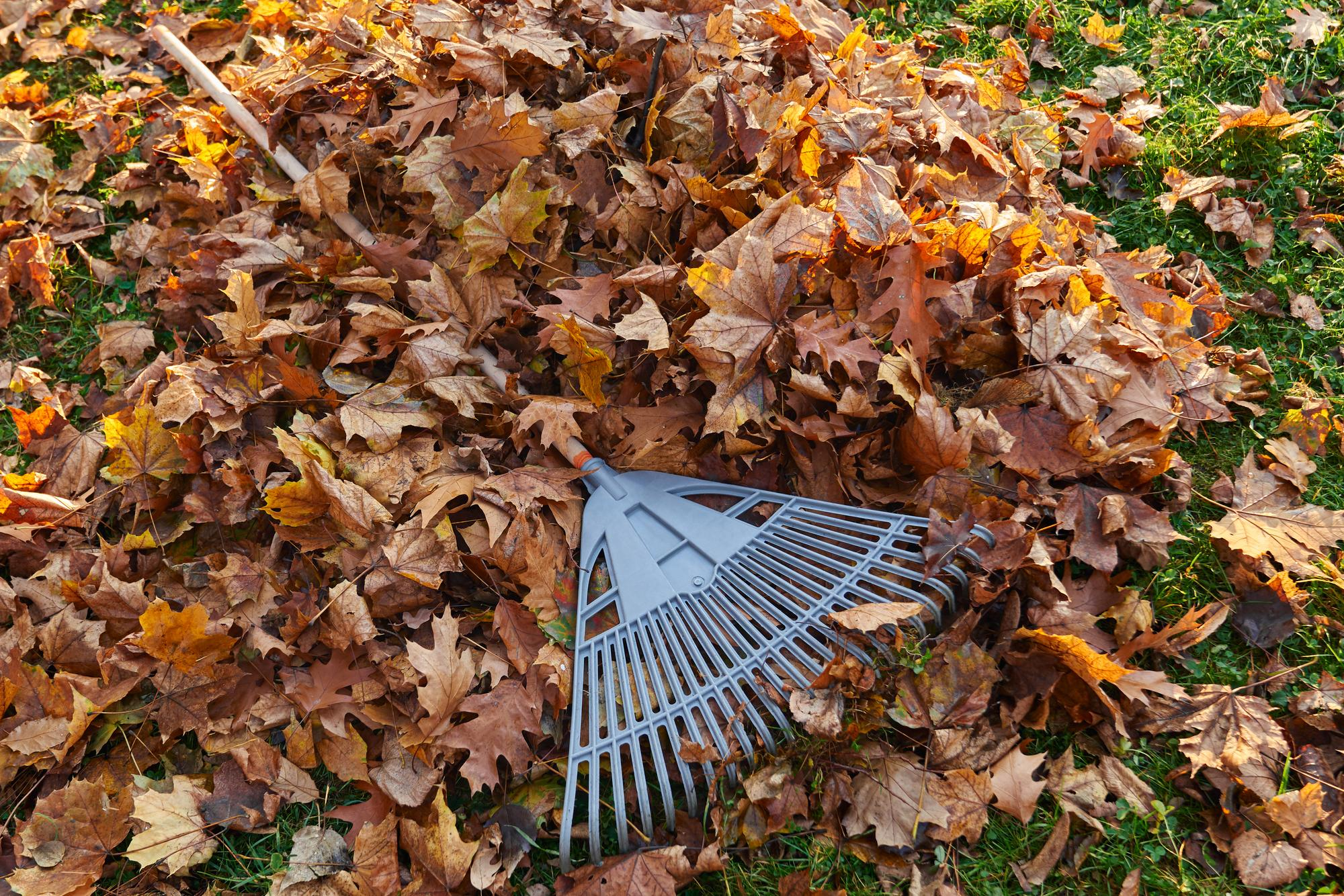Gardening can be a lot of fun and it can also provide you with plenty of benefits, such as a sense of achievement, regular exercise, exposure to vitamin D and the reduced risk of dementia.
However, gardening can also create plenty of waste, which, if not managed properly, can result in issues such as root damage and pest infestations.
Therefore, it is important to make sure this waste is disposed of responsibly and ethically to ensure we maintain the equilibrium of the natural world.
Perhaps the best way to do this is to utilise the services of a professional rubbish removal company like 1300 Rubbish (click here to find out more about them).
That said, we should also look at ways to reduce the amount of garden waste that needs disposing. Here are some excellent ways to do that.
Start Composting
If you don’t already have one, you should start a compost pile immediately. Composting is an excellent way to deal with garden waste because it works to transform organic waste into a rich soil supplement.
By piling up fallen leaves, grass clippings and healthy plant parts you can easily create a compost heap in a corner of your garden that is out of the way.
This sustainable practice will help to minimise the waste you would otherwise need to dispose of and eventually generate compost that is rich in nutrients. In turn, this will enhance the quality of your soil and create a more robust and healthier plant life in your garden.
Use a Leaf Mould Bin
Another good way to manage your garden waste is to use a leaf mould bin. This tactic involves placing fallen leaves into a special bin or bag and allowing them to decompose naturally over time.
The good thing about this tactic is that once you have placed the leaves in the bin or the bag, you don’t have to do anything else. Nature does everything for you, until several months down the line it gets transformed into a fantastic soil conditioner.
Once fully decomposed, the matter can be used to improve your soil’s overall structure and ability to retain water.
Adopt grasscycling practices
If you don’t mind leaving a few grass clippings on your lawn after you’ve mowed it, then grasscycling is a good practice to adopt.
Instead of raking it up, if you leave the grass clippings where they land, the natural decaying process that ensues will return vital nutrients like potassium, nitrogen and phosphorus to the soil. Therefore, promoting the healthier growth of your grass.
Additionally, this practice saves you from watering your garden as the clippings form a natural mulch which keeps the soil moist. It also results in fewer waste collections, which therefore reduces carbon emissions and fuel consumption from transportation waste vehicles.
Use wood chips
After pruning bushes or trees in the garden, it is a good idea to create wood chips from the leftover branches.
To do this, you will need to shred them into small chips, which you can then repurpose in several different ways.
For example, you can use it as mulch to retain soil moisture, regulate its temperature and suppress the growth of weeds. At the same time, you can also use it to define a garden path with a natural material.
Overall, wood chips can be quite expensive to purchase from the shops. So, if you have a plentiful supply from your garden, it is worth making the most of it.
Embrace Vermiculture
If you are a bit squeamish, you might be put off by the thought of vermiculture. But it can be a very effective way to manage your garden waste.
Essentially, this method involves using specific types of worms to eat waste such as vegetable peelings, fruit rinds and cores, eggshells and coffee grounds. While they consume them, the worms produce a couple of invaluable byproducts – namely worm castings (also known as nutrient-dense compost) and worm tea, a kind of liquid fertiliser.
Between them, these outputs create fantastic soil additives which can significantly enhance the productivity and health of your garden. Thus, allowing you to benefit from its waste in an extremely eco-friendly way.
